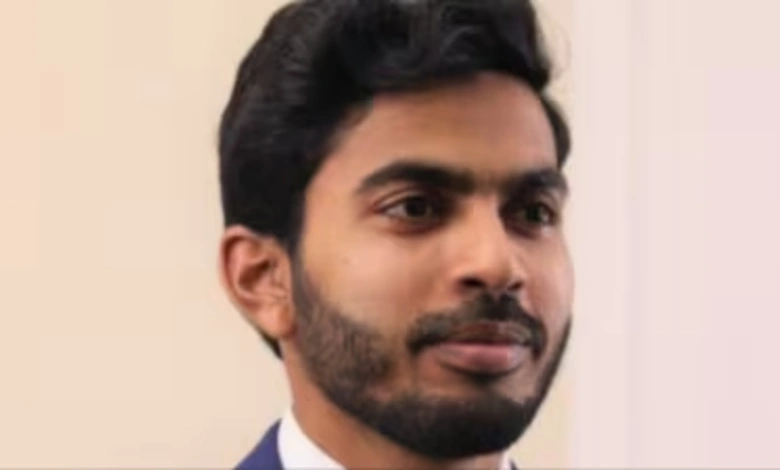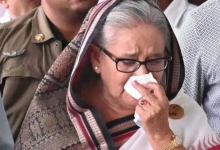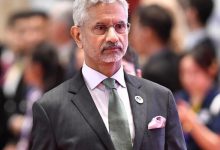Tragic Shooting of Telangana Engineer in California Sparks Family’s Call for Justice

In a heartbreaking incident that has left a family in Telangana reeling, 30-year-old software engineer Mohammed Nizamuddin was fatally shot by police in Santa Clara, California, following a confrontation with his roommate. The event, which unfolded on September 3, has prompted urgent appeals from his relatives for a detailed investigation amid allegations of racial bias.
Nizamuddin, originally from Mahabubnagar district, had built a promising career in the United States after earning his master’s degree there. He worked as a tech professional, contributing to the vibrant Indian diaspora in Silicon Valley. News of his death reached his father, Mohammed Hasnuddin, on September 18, delivered through a close friend of the deceased.
Devastated, Hasnuddin penned a formal letter to the Embassy of India in Washington, DC, and the Consulate General of India in San Francisco, outlining the scant details available. “Today morning I came to know he was shot dead by Santa Clara Police and his mortal remains are in some hospital in Santa Clara, California,” he stated in the correspondence, as quoted by PTI. The father expressed profound confusion and grief, adding, “I do not know the actual reasons why police shot him dead.”
In the same letter, addressed also to External Affairs Minister S Jaishankar, Hasnuddin implored authorities for assistance in repatriating his son’s body to their hometown. He highlighted the family’s shock and the need for clarity on the circumstances surrounding the shooting.
A report from NDTV revealed that the family suspects racial discrimination played a role in the tragedy, fueling their demand for a comprehensive probe. While specifics of the altercation remain unclear, the incident has drawn attention to the vulnerabilities faced by Indian expatriates abroad.
Majlis Bachao Tahreek (MBT) spokesperson Amjed Ullah Khan amplified the family’s plea by sharing the letter with the media. He called on Jaishankar to intervene swiftly, emphasizing the importance of support for grieving kin navigating international bureaucracy.
This case echoes broader concerns over police interactions with minority communities in the US, though investigations are ongoing. As the family awaits answers and closure, their story underscores the fragile line between opportunity and peril for those chasing the American dream. Diplomatic channels are now activated to facilitate the return of Nizamuddin’s remains, offering a sliver of solace amid profound loss.




